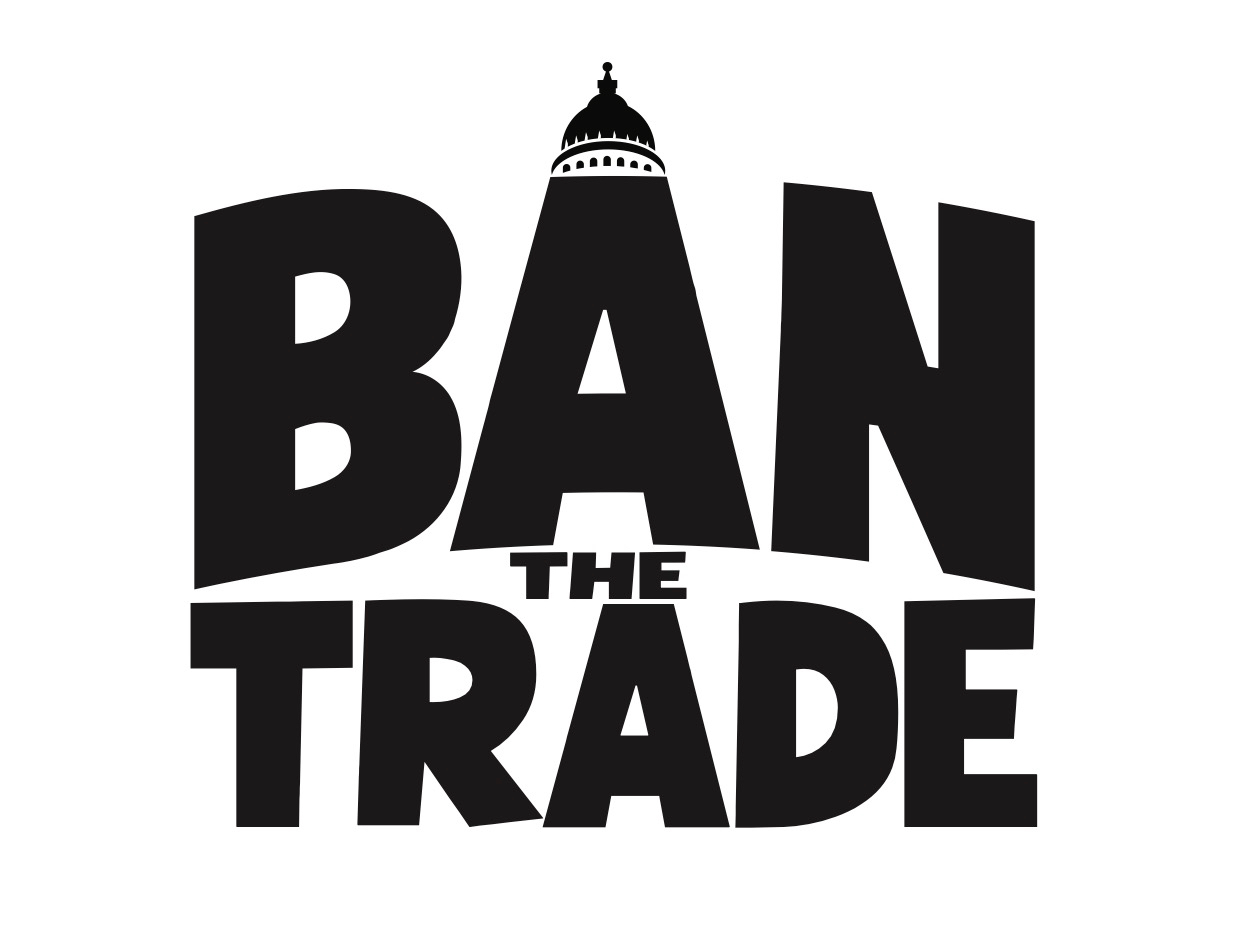|
We wanted to address this question we’ve been getting lately.
In 2012, Congress passed The Stop Trading on Congressional Knowledge (STOCK) Act after the American people caught on to congressional conduct that looked and sounded like insider trading.
Members have access to privileged information as part of their jobs, and many were using that to inform their trades on the stock market. Worse, they were incentivized to sell out their constituents by voting against their interests.
So what did the STOCK Act do to address this?
- Mandated that members of Congress are required to disclose any new stock trades within 45 days, rather than wait for the annual financial disclosure report.
- Established penalties for violations of the STOCK Act, with a fee of $200 for the first offense.
We know that $200 bought a lot more groceries in 2012 than it does today, but when members of Congress netted up to $1 billion from trades in 2023, that number is negligible.
Additionally, no member has ever actually been prosecuted for STOCK Act violations. Think about the most egregious trades you’ve heard about in the past decade — don’t you think at least a couple of them were worth an investigation?
It’s clear that, when given the opportunity to be honest with only a slap on the wrist as a penalty, many of our elected leaders will continue to sell us out. That’s why we need to take away the option to trade stocks completely.
That’s what Ban The Trade is working towards, and since our launch earlier this year, we’ve been ruthlessly applying pressure to members of Congress to act.
It’s working, too — members finally held a hearing on the issue just last week. In the meantime, we’ve launched our 2026 elections project, endorsing candidates looking to unseat the worst traders and their enablers in the House.
We’re asking for just $5 to sustain our work to ban congressional stock trading today. Please, chip in to fuel our fight today:
Together, we’re working towards a less corrupt future,
Ban The Trade
|


